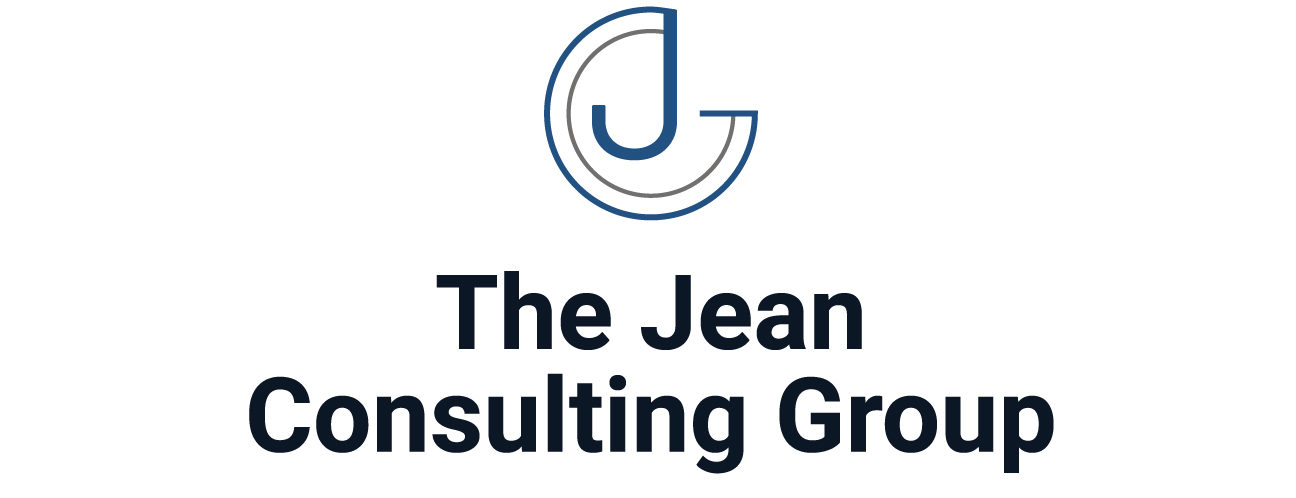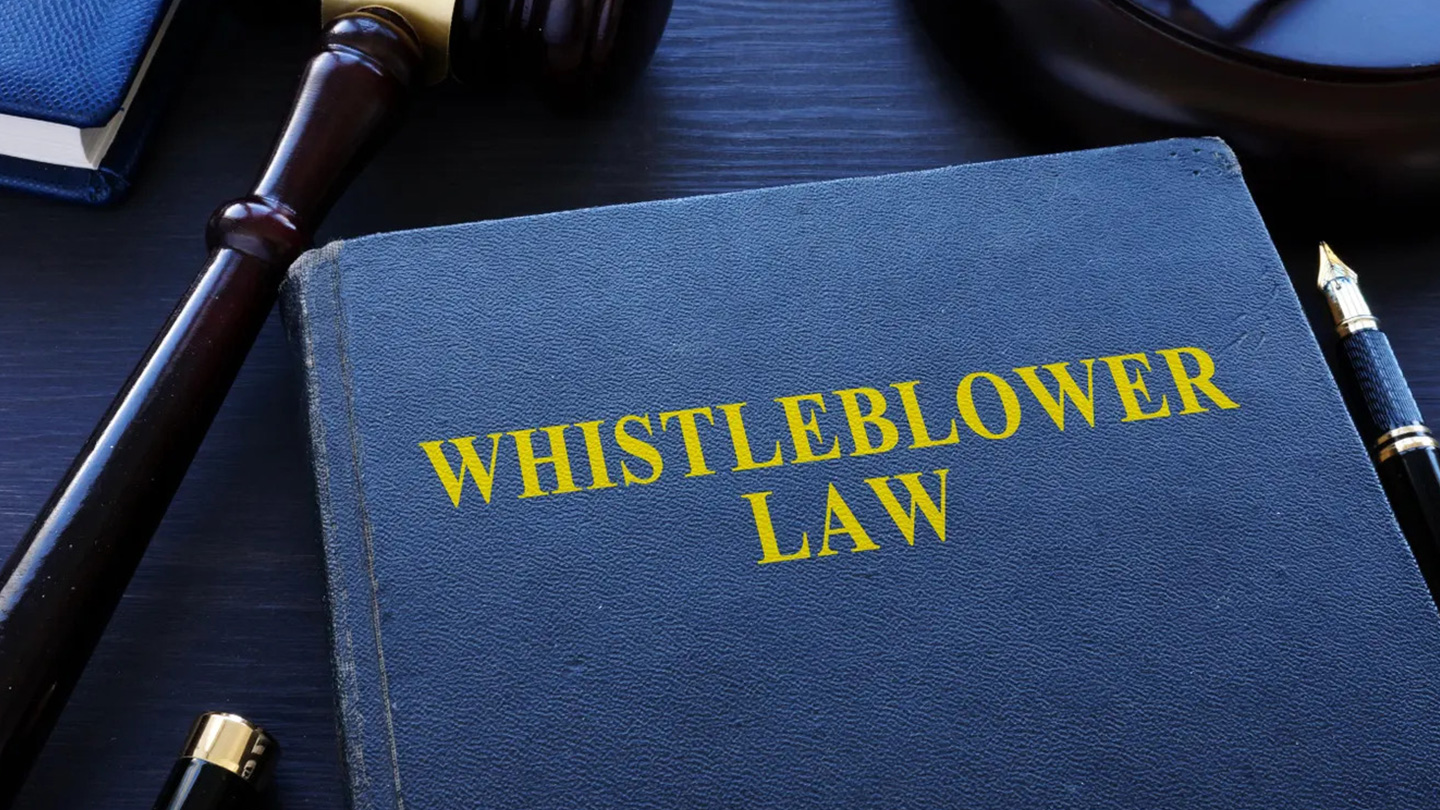In an era where ethical conduct and transparency are increasingly under the microscope, organizations face the critical task of ensuring that their operations not only comply with legal standards but also foster an environment where ethical concerns can be raised without fear of retaliation. Regulatory compliance counsel plays a vital role in guiding organizations to not only adhere to regulations regarding transparency and whistleblower protection but to also embrace these principles as part of their corporate culture. This article delves into how businesses can leverage the expertise of regulatory compliance counsel to enhance transparency and safeguard whistleblower protections, thereby building trust and integrity within the organization and with its stakeholders.
Enhancing Organizational Transparency with Compliance Counsel
Transparency is fundamental to building trust with employees, customers, and regulators. It involves clear, open communication about the organization’s operations, policies, and decision-making processes. Regulatory compliance counsel assists organizations in implementing practices that promote transparency, ensuring that they not only meet legal requirements but also contribute to a culture of openness.
- Developing Transparent Policies and Procedures: Compliance counsel can help organizations develop and articulate clear policies and procedures that govern their operations. This includes guidelines on ethical behavior, conflict of interest, and financial reporting, ensuring they are accessible and understandable to all employees.
- Advising on Disclosure Requirements: Counsel provides guidance on compliance with laws and regulations that require disclosure of certain information, such as financial audits, environmental impacts, and corporate governance practices. This guidance ensures that disclosures are complete, accurate, and timely, reinforcing the organization’s commitment to transparency.
- Training and Awareness Programs: To foster a culture of transparency, organizations must educate their employees about the importance of open communication and ethical conduct. Compliance counsel can facilitate training programs that highlight the organization’s transparency policies and the legal implications of non-compliance.
Safeguarding Whistleblower Protections with Expert Guidance
Whistleblower protections are crucial for encouraging employees and other stakeholders to report unethical behavior or legal violations without fear of retaliation. Regulatory compliance counsel ensures that organizations have effective mechanisms in place to protect whistleblowers, fostering an environment where concerns can be raised safely and confidentially.
- Establishing Whistleblower Policies and Procedures: Compliance counsel assists in creating robust whistleblower policies that outline the process for reporting concerns, protect the confidentiality of whistleblowers, and prohibit retaliation against them. These policies are critical for encouraging individuals to come forward with information about misconduct.
- Implementing Reporting Mechanisms: Counsel can help organizations implement secure, confidential reporting mechanisms, such as hotlines or online portals, that allow individuals to report concerns anonymously if they choose. These mechanisms should be easily accessible and well-publicized within the organization.
- Handling Reports and Investigations: Once a report is made, it is crucial that the organization responds promptly and thoroughly investigates the concern. Compliance counsel can advise on best practices for conducting investigations, ensuring they are fair, impartial, and effective in addressing the reported issues.
Conclusion
The role of regulatory compliance counsel in fostering transparency and whistleblower protection is indispensable for modern organizations aiming to maintain ethical standards, build trust, and comply with legal obligations. By guiding the development of clear policies, facilitating training, and ensuring the effective implementation of whistleblower protections, compliance counsel helps organizations create a culture of integrity and openness. This not only mitigates risks and protects against potential legal and reputational damage but also strengthens the organization’s position as a responsible and trustworthy entity in the eyes of employees, stakeholders, and the broader community.




